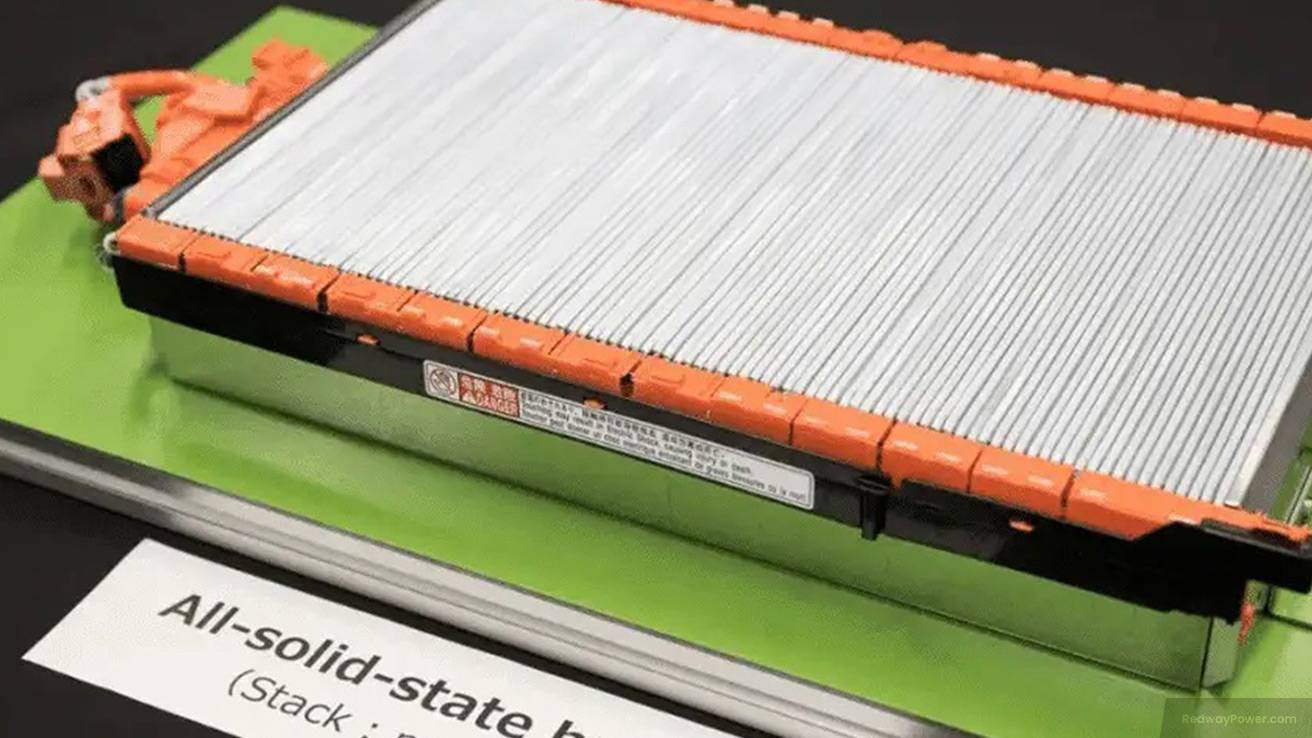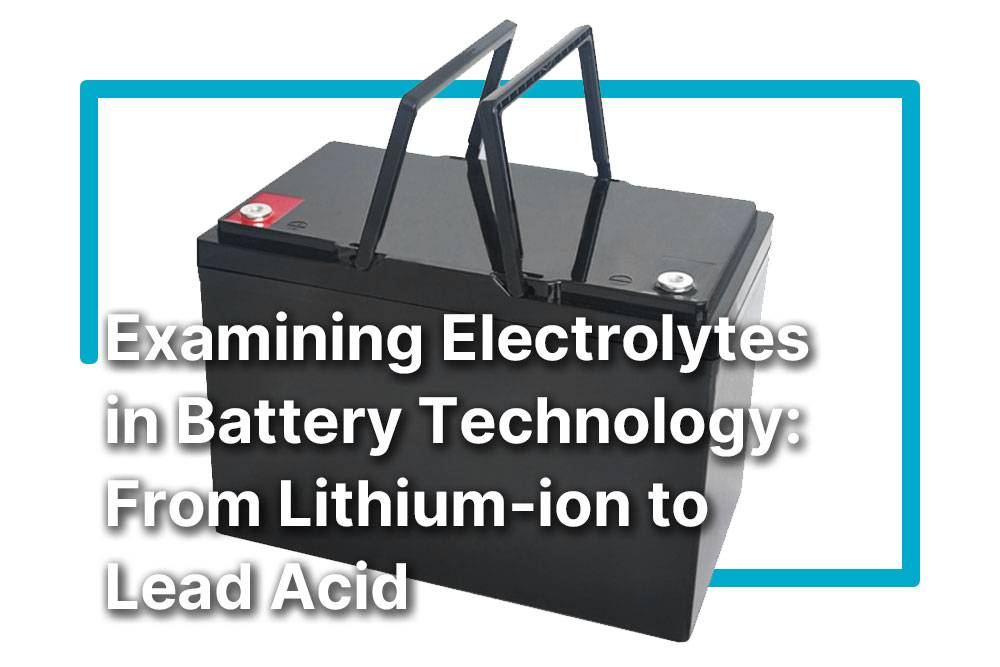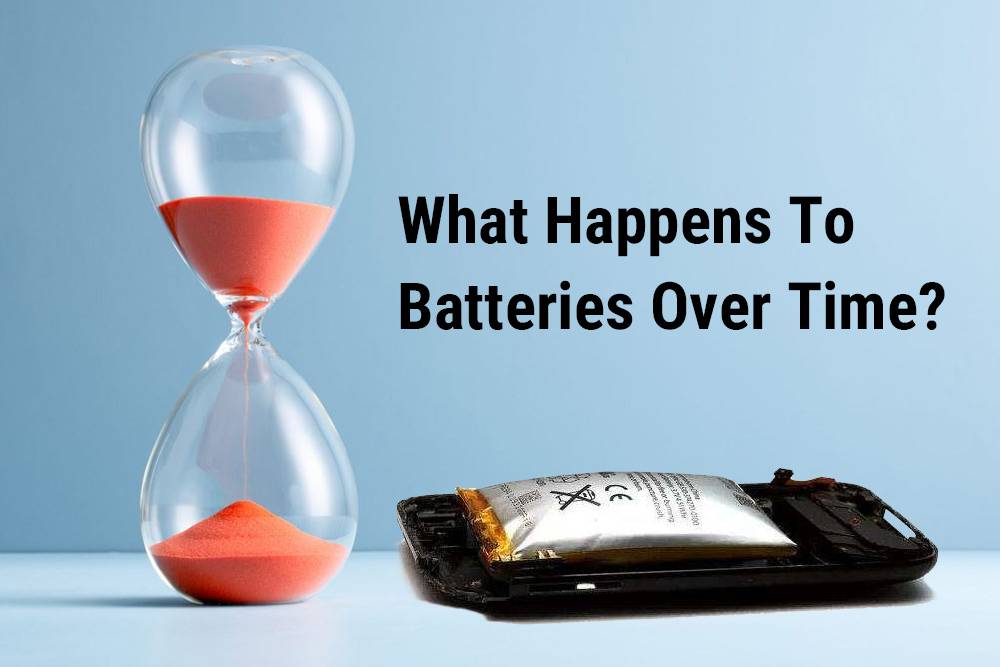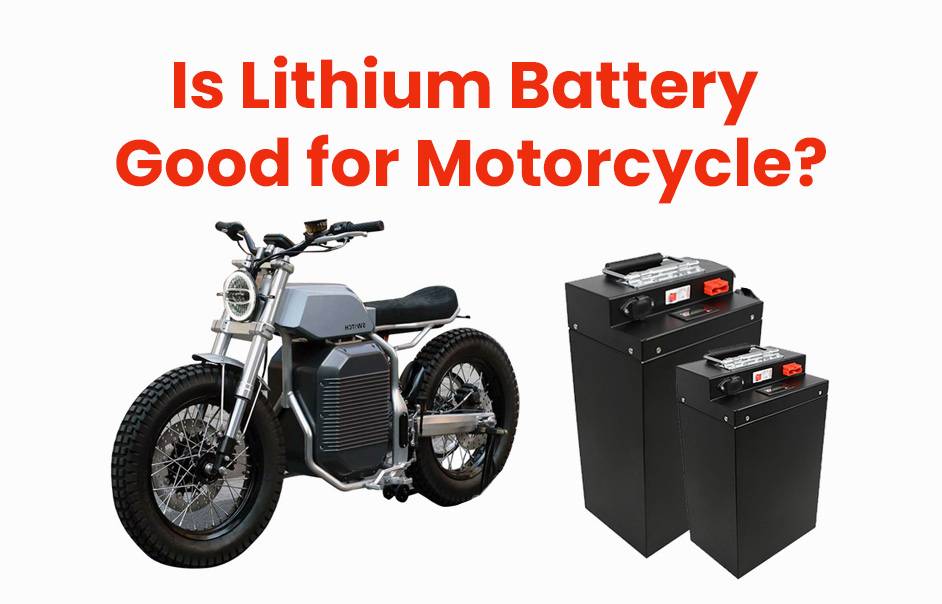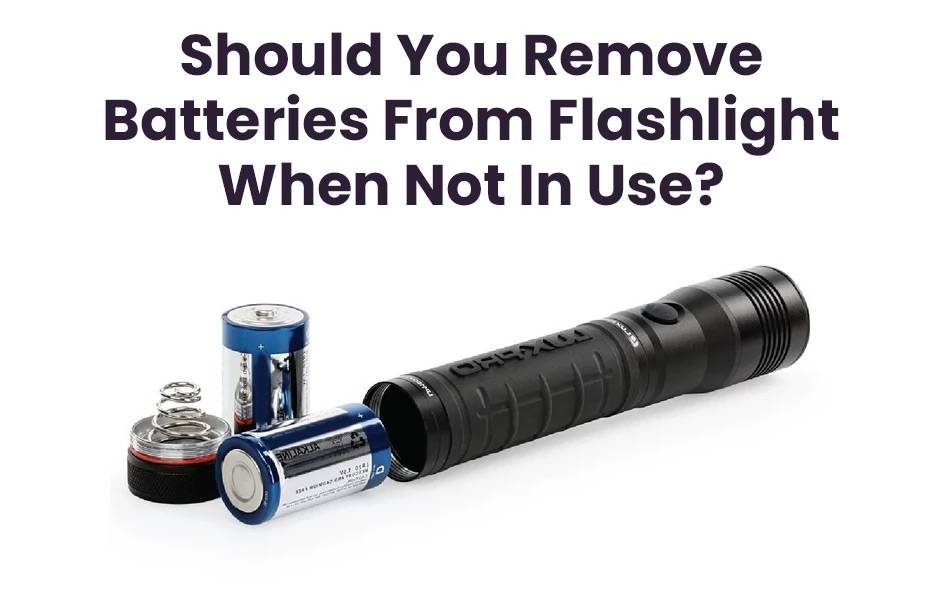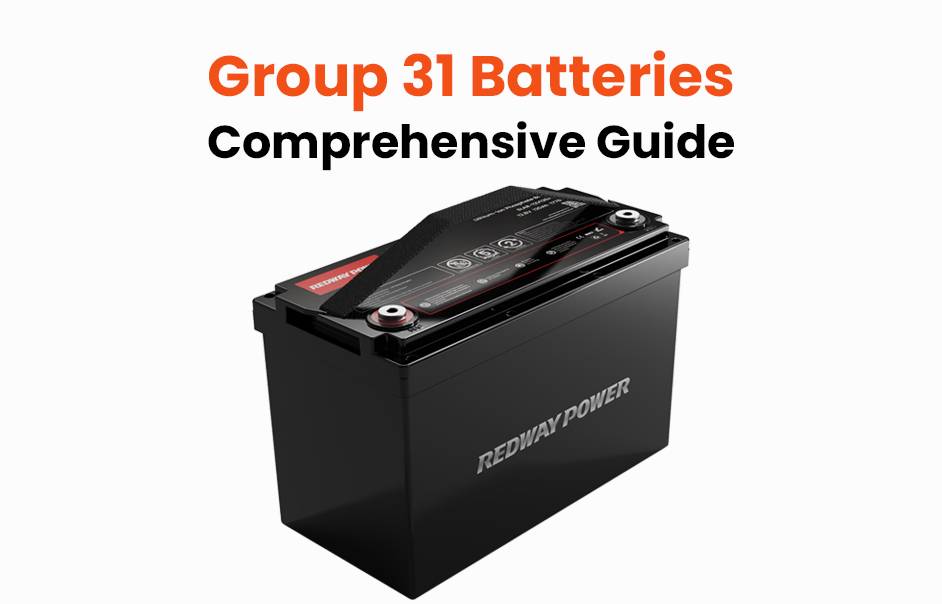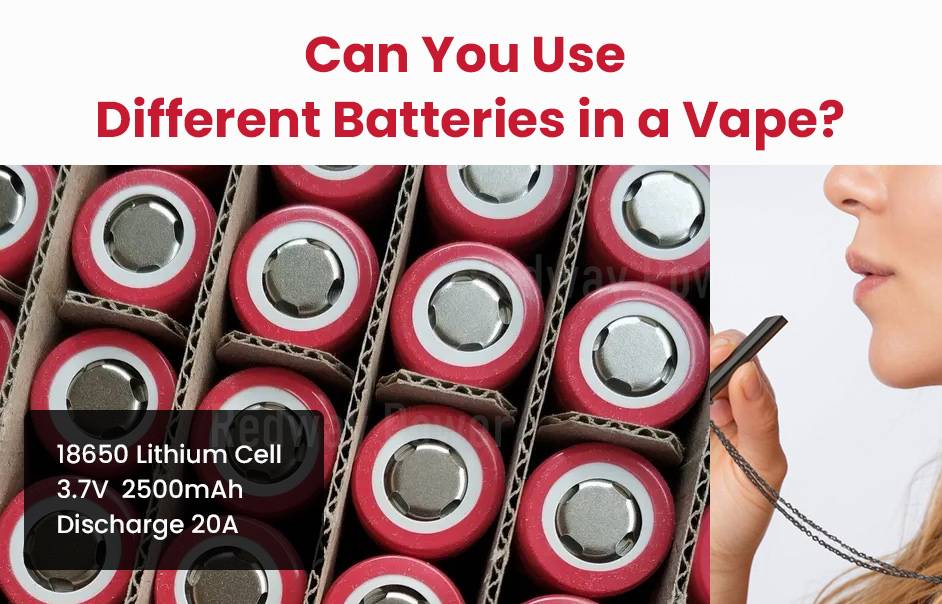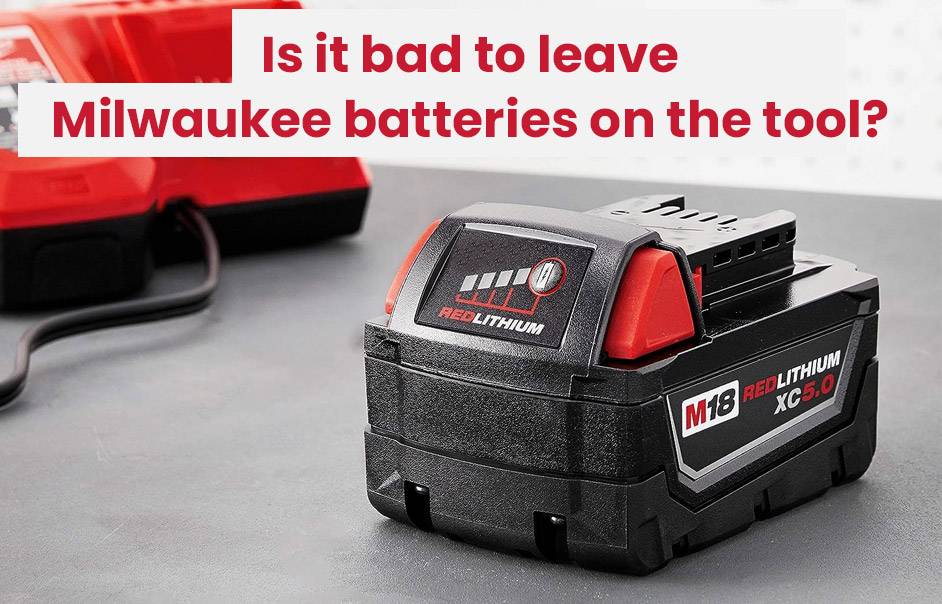- Forklift Lithium Battery
-
48V
- 48V 210Ah
- 48V 300Ah
- 48V 420Ah (949 x 349 x 569 mm)
- 48V 420Ah (950 x 421 x 450 mm)
- 48V 456Ah
- 48V 460Ah (830 x 630 x 590 mm)
- 48V 460Ah (950 x 421 x 450 mm)
- 48V 460Ah (800 x 630 x 600 mm)
- 48V 460Ah (820 x 660 x 470 mm)
- 48V 500Ah
- 48V 560Ah (810 x 630 x 600 mm)
- 48V 560Ah (950 x 592 x 450 mm)
- 48V 600Ah
- 48V 630Ah
-
48V
- Lithium Golf Cart Battery
- 12V Lithium Battery
12V 150Ah Lithium RV Battery
Bluetooth App | BCI Group 31
LiFePO4 Lithium
Discharge Temperature -20°C ~ 65°C
Fast Charger 14.6V 50A
Solar MPPT Charging - 24V Lithium Battery
- 36V Lithium Battery
- 48V Lithium Battery
-
48V LiFePO4 Battery
- 48V 50Ah
- 48V 50Ah (for Golf Carts)
- 48V 60Ah (8D)
- 48V 100Ah (8D)
- 48V 100Ah
- 48V 100Ah (Discharge 100A for Golf Carts)
- 48V 100Ah (Discharge 150A for Golf Carts)
- 48V 100Ah (Discharge 200A for Golf Carts)
- 48V 150Ah (for Golf Carts)
- 48V 160Ah (Discharge 100A for Golf Carts)
- 48V 160Ah (Discharge 160A for Golf Carts)
-
48V LiFePO4 Battery
- 60V Lithium Battery
-
60V LiFePO4 Battery
- 60V 20Ah
- 60V 30Ah
- 60V 50Ah
- 60V 50Ah (Small Size / Side Terminal)
- 60V 100Ah (for Electric Motocycle, Electric Scooter, LSV, AGV)
- 60V 100Ah (for Forklift, AGV, Electric Scooter, Sweeper)
- 60V 150Ah (E-Motocycle / E-Scooter / E-Tricycle / Tour LSV)
- 60V 200Ah (for Forklift, AGV, Electric Scooter, Sweeper)
-
60V LiFePO4 Battery
- 72V~96V Lithium Battery
- Rack-mounted Lithium Battery
- E-Bike Battery
- All-in-One Home-ESS
- Wall-mount Battery ESS
-
Home-ESS Lithium Battery PowerWall
- 24V 100Ah 2.4kWh PW24100-S PowerWall
- 48V 50Ah 2.4kWh PW4850-S PowerWall
- 48V 50Ah 2.56kWh PW5150-S PowerWall
- 48V 100Ah 5.12kWh PW51100-F PowerWall (IP65)
- 48V 100Ah 5.12kWh PW51100-S PowerWall
- 48V 100Ah 5.12kWh PW51100-H PowerWall
- 48V 200Ah 10kWh PW51200-H PowerWall
- 48V 300Ah 15kWh PW51300-H PowerWall
PowerWall 51.2V 100Ah LiFePO4 Lithium Battery
Highly popular in Asia and Eastern Europe.
CE Certification | Home-ESS -
Home-ESS Lithium Battery PowerWall
- Portable Power Stations
What Are the Best Alternatives to Lithium for Battery Technology?

While lithium-ion batteries dominate the market, several promising alternatives are emerging that may offer better performance, sustainability, and safety. These include sodium-ion, solid-state, lithium-sulfur, magnesium, and flow batteries.
What are the most promising alternatives to lithium-ion batteries?
The most promising alternatives to lithium-ion batteries include:
- Sodium-ion Batteries: Utilizing abundant sodium resources, these batteries offer a sustainable option with lower costs.
- Solid-State Batteries: These use solid electrolytes instead of liquid ones, enhancing safety and energy density.
- Lithium-Sulfur Batteries: They boast a theoretical energy density higher than that of conventional lithium-ion batteries.
- Magnesium Batteries: With a higher charge capacity than lithium, magnesium could lead to safer and more powerful battery solutions.
- Flow Batteries: These allow for scalable energy storage solutions ideal for renewable energy applications.
| Alternative Battery Type | Key Features | Advantages |
|---|---|---|
| Sodium-ion | Abundant materials | Lower cost, sustainable |
| Solid-state | Solid electrolytes | Enhanced safety, higher energy density |
| Lithium-sulfur | High theoretical density | Potential for longer life |
| Magnesium | +2 charge capacity | Greater power and safety |
| Flow | Liquid electrolyte storage | Scalable and safe |
How do sodium-ion batteries compare to lithium-ion batteries?
Sodium-ion batteries utilize sodium instead of lithium, making them more sustainable due to the abundance of sodium resources. While they currently have a lower energy density compared to lithium-ion batteries, their cost-effectiveness and safety at low temperatures make them an attractive alternative for various applications.
What advantages do solid-state batteries offer over lithium-ion batteries?
Solid-state batteries present several advantages:
- Safety: They eliminate flammability risks associated with liquid electrolytes.
- Energy Density: They can store more energy in a smaller volume.
- Faster Charging: The solid electrolyte allows for quicker ion transfer, leading to reduced charging times.
Why are lithium-sulfur batteries considered a viable alternative?
Lithium-sulfur batteries have a theoretical energy density that can exceed that of traditional lithium-ion technologies. This means they could potentially store more energy in the same space, making them ideal for applications requiring lightweight solutions like electric vehicles.
What are the benefits of using magnesium in battery technology?
Magnesium offers several benefits:
- Higher Charge Capacity: With a +2 charge compared to lithium’s +1, magnesium can theoretically store more energy.
- Safety: Magnesium-based systems tend to be less prone to overheating and fires.
- Abundance: Magnesium is more widely available than lithium, reducing material scarcity issues.
How do flow batteries function, and what are their advantages?
Flow batteries operate by storing energy in liquid electrolytes rather than solid electrodes. This design allows them to be easily scaled up by increasing the size of electrolyte tanks without modifying the electrochemical components. Advantages include:
- Long cycle life
- Low risk of short-circuiting
- Enhanced safety due to separation of components
Are there eco-friendly options like glass and seawater batteries?
Yes, innovative options such as glass and seawater-based batteries are being developed:
- Glass Batteries: Utilizing glass as an electrolyte can enhance performance while being environmentally friendly.
- Seawater Batteries: These leverage the sodium content in seawater, providing an abundant and sustainable resource for battery production.
Replacement Choices
For those seeking alternatives or replacements for standard lithium-ion solutions, Redway Power offers excellent options tailored for various applications. Their products ensure compatibility while providing enhanced performance.
Tips for Battery Wholesale Buyers
When considering bulk purchases or OEM orders, it’s crucial to select reliable manufacturers like Redway Power, known for their high-quality battery solutions with over 13 years of experience. The process involves:
- Identifying your specific needs regarding capacity and application.
- Requesting quotes from manufacturers while ensuring compliance with industry standards.
- Evaluating the manufacturer’s ability to meet your production timelines and quality requirements.
Redway Power Expert Views
“Exploring alternatives to lithium is essential for ensuring sustainable energy solutions,” states an expert from Redway Power. “Technologies such as sodium-ion and solid-state present exciting opportunities that could reshape our approach to energy storage.”
FAQ Section
- What are some common alternatives to lithium-ion batteries?
Common alternatives include sodium-ion, solid-state, lithium-sulfur, magnesium, and flow batteries. - Are sodium-ion batteries safe?
Yes, sodium-ion batteries generally offer improved safety compared to traditional lithium-ion designs due to their material properties. - What makes solid-state batteries better than liquid electrolyte systems?
Solid-state batteries eliminate flammability risks associated with liquid electrolytes while providing higher energy densities and faster charging capabilities.
